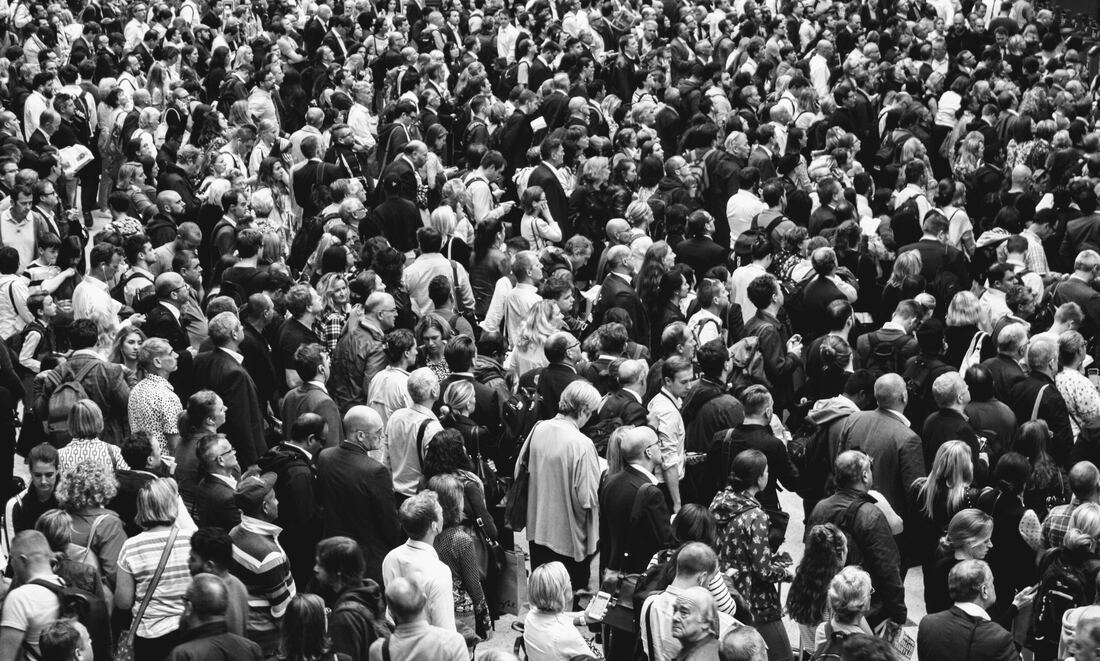|
When Words Collide is an annual writers’ conference I’ve attended for the last four years. It’s a smorgasbord of sessions - both practical and theoretical - on all things writerly. From publishing to grammar to character and plot development, WWC is a great opportunity for learning and networking.
At one of the sessions, the presenter said for a book to be successful, the reader should like the protagonist. Someone mentioned Rachel, the main character in The Girl on the Train. Several people, including the presenter, said how much they disliked her; that because of her they couldn’t read it. Yes, she’s an alcoholic who lies about everything and is obsessed with her ex-husband. She’s messy and self-destructive and lives in a fantasy world since her real life is barren and empty. There’s more than a little bit wrong with her. Lots of people really disliked the book, describing her as a terrible person. And yet, as I listened to murmurs of agreement buzzing around the room, I thought, well the novel sold millions of copies and was picked up and made into a movie that grossed almost $175 million. So, does it really matter if we don’t like Rachel? Just how necessary is it then to like the protagonist? Can a book still be an engrossing read without likeable characters? I started thinking about books I disliked whose main character was annoying or self-absorbed or selfish or just plain irritating. There were a few: The Virgin Cure by Ami McKay, The Petty Details of So-and-So’s Life by Camilla Gibb, The Gathering by Anne Enright, among others. They share characters I was unable to empathize with or that I just didn’t care enough about. But what about those books whose main character is not entirely likeable, yet the reader is riveted to their story? What about characters who are mean, morally bankrupt or just plain evil? Without them there’d be no thrillers. Mysteries and suspense stories featuring bad guys would suddenly lose their pop. Some of the greatest literature features men and women we love to hate. Humbert Humbert in Lolita, Emma Bovary, Anna Karenina, Holden Caulfield, Becky Sharpe from Vanity Fair are all “unlikeable” to varying degrees, yet their stories have survived the ages. Gone Girl’s Amy Dunne, Patrick Bateman in American Psycho and Sharp Object’s Camille are contemporary versions of the unlikeable anti-hero. We can debate the merits of these books, but their success surely means something. Later in the conference, a different group of presenters spoke about essential elements of a main character. They stressed that the reader must be able to relate to what the protagonist wants, or somehow identify with them. We need to understand their fears and the motivations that drive them. Humans share the same hierarchy of needs and in this, we can relate in some way to most characters. If we can understand them emotionally, we are likely to accept that character and connect with them. Even when we don’t “like” them. I’d love to hear your thoughts – do you have to like a character to enjoy a book? Is not liking them a deal breaker for you? Post your comments on my blog and let me know if there’s a book you enjoyed despite the main character. Or maybe because of them? Happy reading! Joni
0 Comments
|
Archives
July 2024
Categories |

 RSS Feed
RSS Feed
